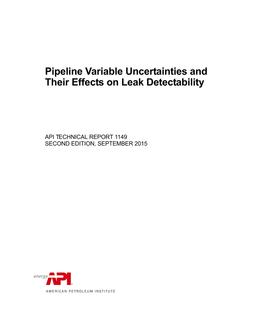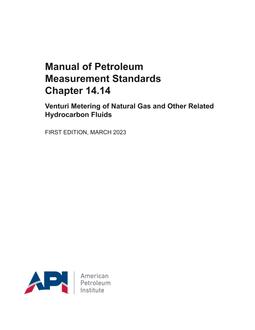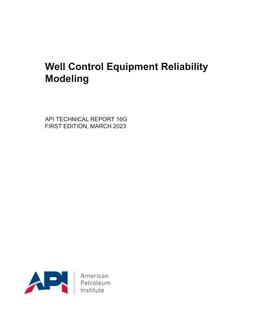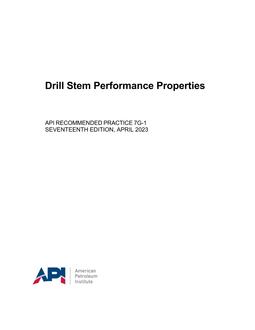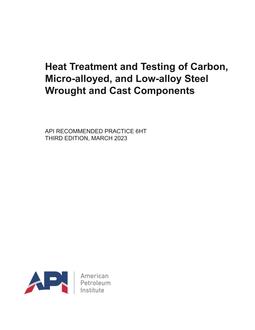Click here to purchase
This document describes procedures for predicting uncertainties in the detection of leaks in pipelines using computational methods based upon physical hydraulic state measurements. This class of pipeline leak detection methods is commonly called computational pipeline monitoring (CPM). A large number of factors are known to contribute to the effectiveness of CPM and it is essential to understand the uncertainty in the prediction made by the CPM algorithm in use regarding the existence, or absence of leaks.
Generally, CPM methods take physical measurements from a pipeline as an input, and calculate a metric that is used to assess whether a leak is likely to have occurred. The uncertainty in the CPM method is a fundamentally statistical measure of how likely an alarm is to be valid; equivalently, how often an alarm may be due to routine operational conditions or lie within the realm of known input uncertainty.
Product Details
- Edition:
- 2nd
- Published:
- 09/01/2015
- Number of Pages:
- 160
- File Size:
- 1 file , 5.1 MB
- Redline File Size:
- 2 files , 16 MB
- Product Code(s):
- D11492, D11492, D11492
- Note:
- This product is unavailable in Cuba, Iran, North Korea, Syria
